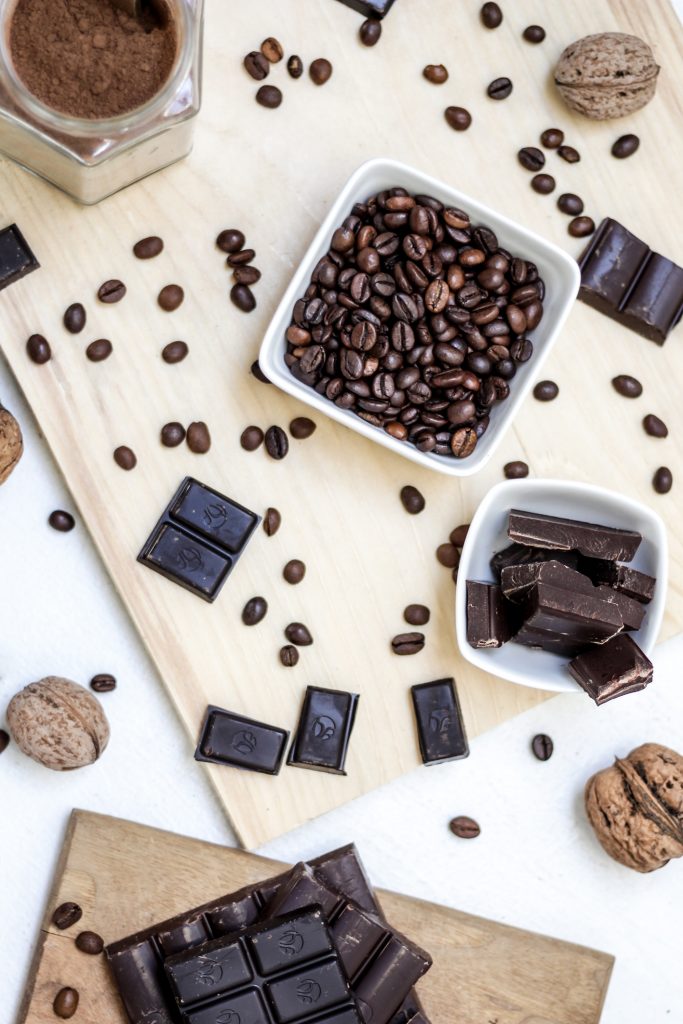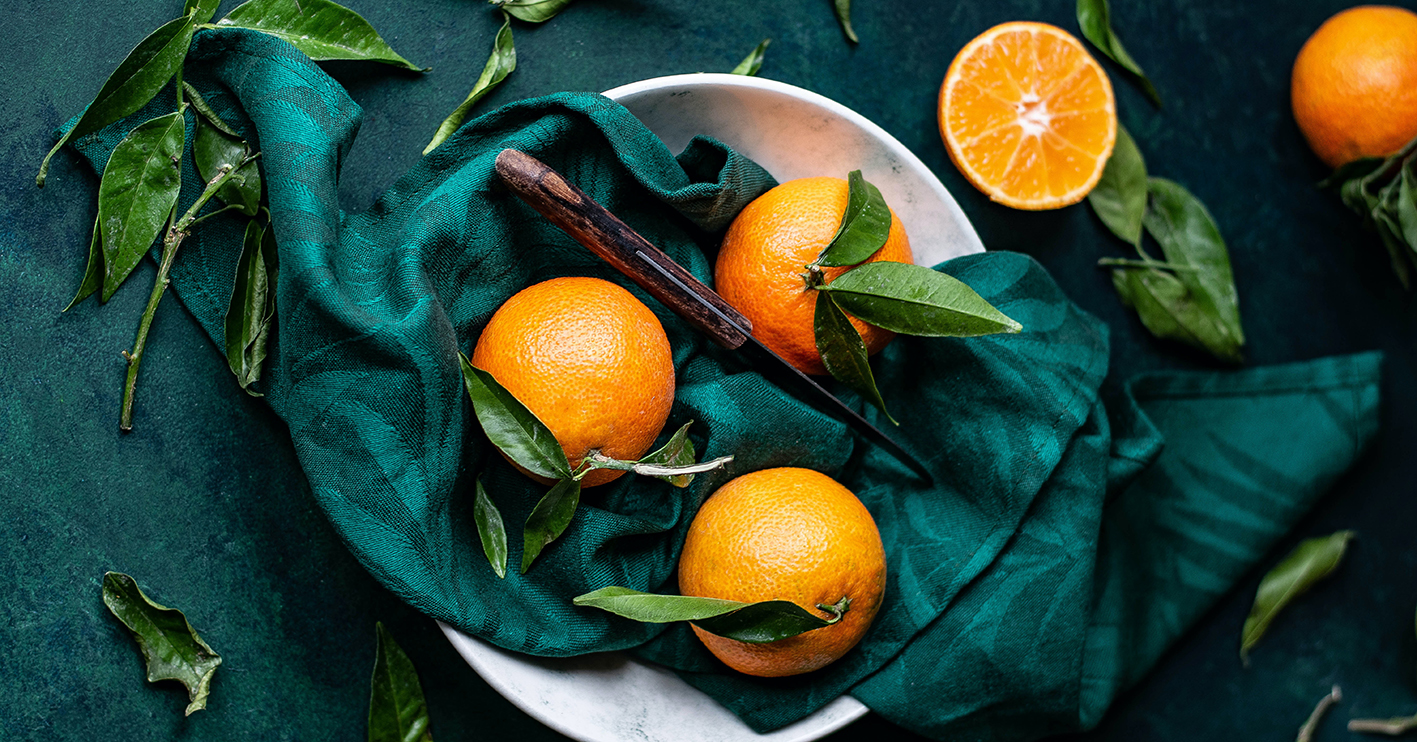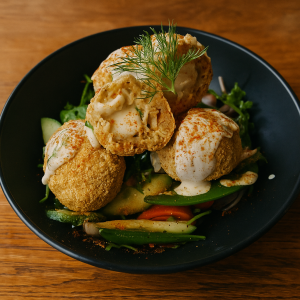No food is an adequate alternative for a good quality sun cream. On sunny days, always use a high quality SPF with 4-star protection rating that provides protection against UVB, and spend plenty of time in the shade too. For more sun safety tips, read the guidance provided by the NHS.
There’s nothing better than getting out on a hot summers day and enjoying the sunshine. But as relaxing as this may be, those UV rays can cause long lasting damage to your skin if you don’t adequately protect it.
Food and natural supplements should never be used in place of a good quality SPF with at least a 4-star protection rating. However, you can modify your diet to give you an extra defence against the sun and keep your skin looking radiant. If you’re looking for extra protection against sun damage, good news! Alliance Online are here to explain how you can boost your protection against sun damage.
Foods With Natural SPF Propertiees – Grapes

Not only is this delicious fruit the perfect summer snack, but recent research has found that grapes successfully protect human skin from UV damage. The results showed that participants who ate 2.25 cups of grapes (roughly one and a half servings) every day for two weeks had higher levels of protection against harmful UV rays.
So how exactly does it work? Well, grapes contain a compound called polyphenols, which is great for our skin. Not only can it repair damage caused by UV rays, but it can reduce inflammation too! Plus, they’re full of antioxidants, which protect our cells from harmful free radicals, thereby reducing the risk of us developing cancer and heart disease (Healthline).
Foods With Natural SPF Properties – Fish

If you’re planning on enjoying a portion of fish and chips at the coast this summer, you’re in luck! It is believed that eating fish may protect our skin from sun damage. Researchers put this down to the omega-3 found in fish, which is believed to protect us against both UVA and UVB rays. In fact, one study found that participants who consumed EPA, a type of omega-3, every day for 3 months increased their resistance to harmful rays by a whopping 136% (Healthline)!
If you’re veggie or vegan, don’t worry as there are plenty of other ways to get a good dose of omega-3. Hemp seeds, walnuts, and kidney beans are all full of this healthy fatty acid, so make sure to eat plenty in the summer months. Seaweed is a particularly good plant-based source of EPA. Enjoy it as a snack by itself, or wrapped around vegan sushi.
Foods With Natural SPF Properties – Oranges
This is another deliciously refreshing fruit that doubles up as a natural sun protectant. One large orange has 100% of the daily recommended intake of vitamin C, which is great for your skin. Not only does it fight the harmful free radicals caused by sun exposure, but it can fight inflammation too (WebMD). This citrus fruit also contains antioxidants called carotenoids, which decrease our sensitivity to UV light.
There are a number of other foods with high levels of both vitamin C and carotenoids, such as mangos, watermelons, and carrots. For a lunch full of natural SPF, pair carrots with a delicious selection of dips, and enjoy a refreshing fruit salad or smoothie for dessert.
Foods With Natural SPF Properties – Coffee
Now there’s even more of a reason to enjoy your morning energy booster! Coffee is a great natural edible SPF, as just like grapes, it contains the polyphenol compound which repairs the skin damage caused by UV rays.

This isn’t the only way coffee protects us from the sun, either. Some researchers have found evidence that caffeine may act as a sun protectant by absorbing UV rays so they don’t damage our DNA (TIME). One study also found consuming caffeinated coffee may potentially lower the risk of developing a certain type of skin cancer, so adding an extra cup of joe to your day certainly won’t do you any harm!
Foods With Natural SPF Properties – Dark Chocolate
Chocolate lovers rejoice, as you can now enjoy your favourite snack and reap the health benefits! You’ve probably already heard about the many benefits of dark chocolate, such as the high levels of antioxidants and the potential for it to improve cognitive functioning. But what’s not as well known is the sweet treat’s natural sun protection abilities.
Many types of dark chocolate contain a compound called flavanol, which is believed to be the key behind the foods’ sun protection ability. Research found that participants who consumed 20g of chocolate high in flavanols doubled their skins’ protection against the sun, while those who ate the same amount of low-flavanol chocolate experienced no change.
The bad news is that flavonoids are not listed on the nutritional information label. If in doubt, opt for dark chocolate with a high percentage of cocoa solids, such as 60% or higher, as this is more likely to contain higher levels of flavanol.
Rachel Kiss at Alliance Online has commented:
“Everyone loves making the most of a warm and sunny day, but we rarely stop to think about how our diet could be impacting the sun’s harmful UV rays. Although food should never be used in place of a good quality sun cream, having it as an additional line of protection against UVA and UVB can both improve the health of our skin, and leave it looking good too.
“Produce high in polyphenols, such as coffee and grapes, are great at reversing the damaging impact of UV rays, and can even reduce inflammation and improve blood circulation too! And don’t forget to consume your daily dose of vitamin C, so antioxidants can fight the damage caused by sun exposure. Prep a delicious fruit salad, or whip up a smoothie high in vitamin C to enjoy on hot days.”





